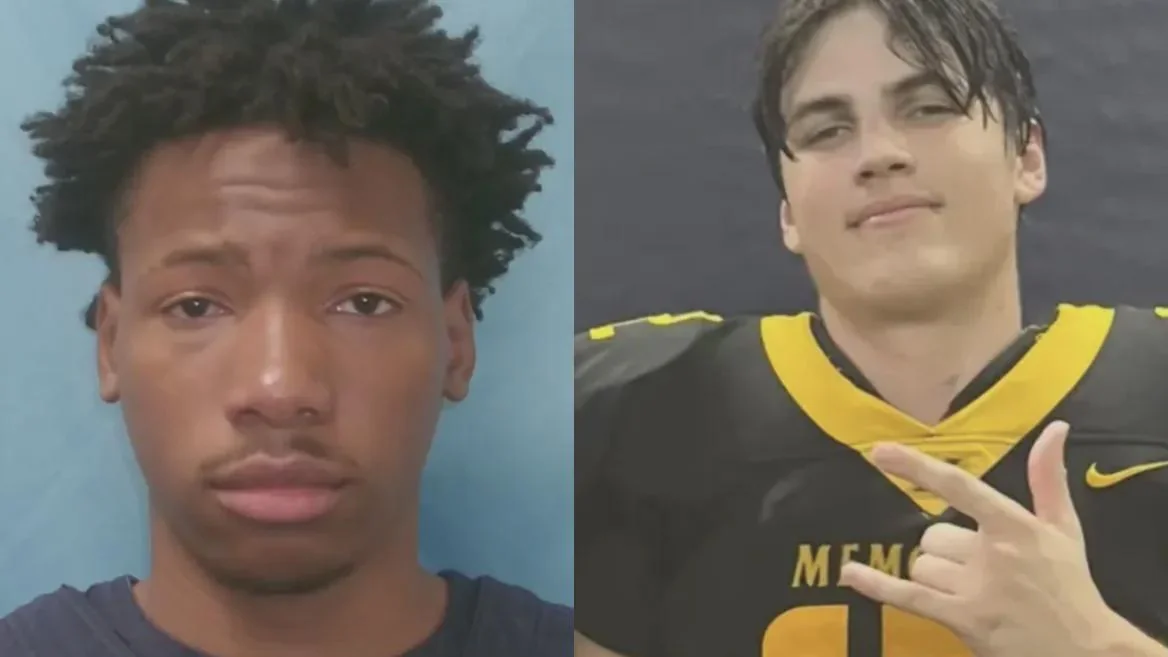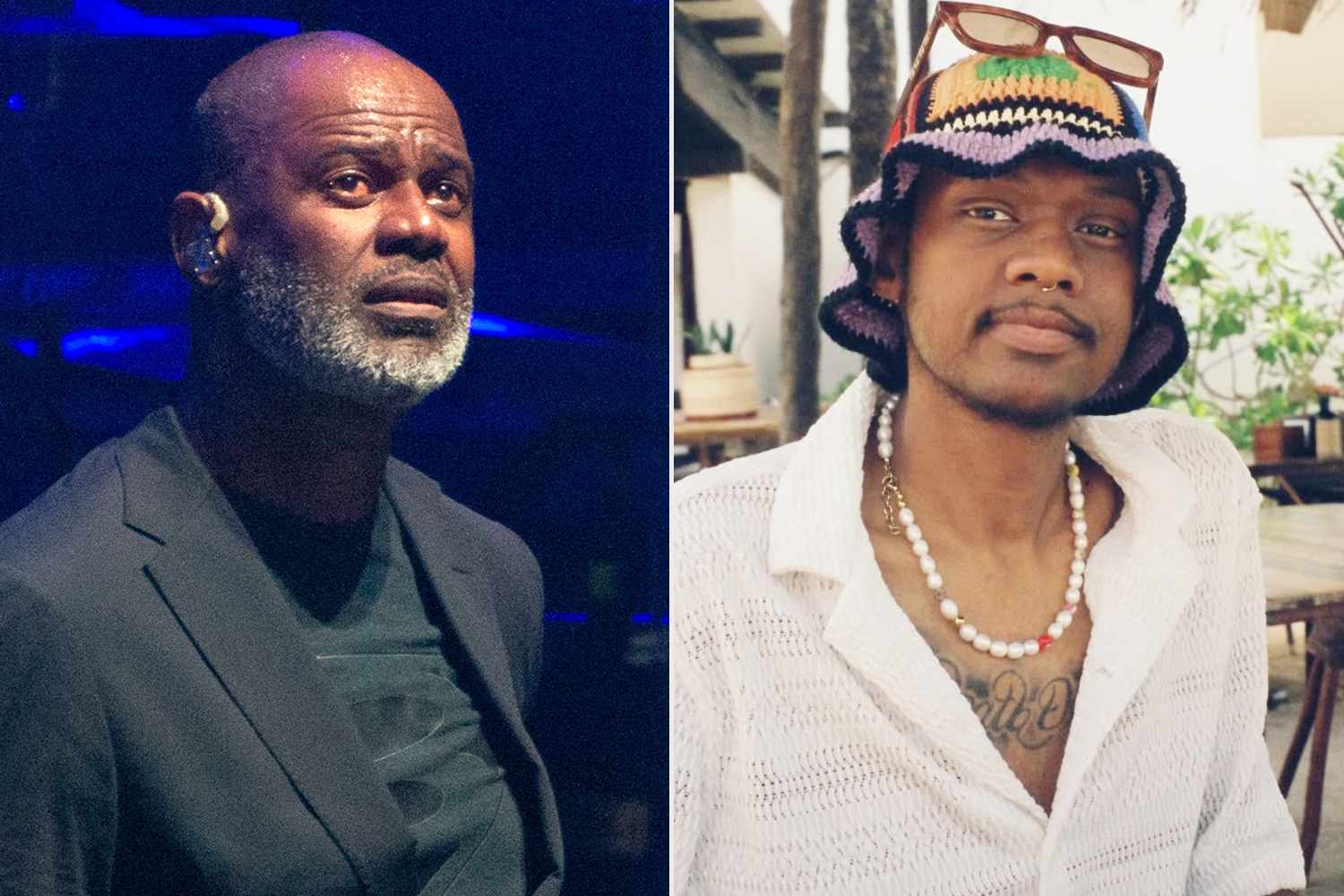Diddy’s Bombshell Indictment: Legal Expert Explains It All. This Is Such A Terrible Thing.

Serious Charges and Legal Implications of Sean “Diddy” Combs’ Indictment
The recent indictment against Sean “Diddy” Combs has sparked widespread discussion due to the gravity of the charges and the legal precedents it evokes, particularly comparisons to the case of R. Kelly.
Combs, a prominent music industry figure, now faces severe allegations including racketeering, $eχ trafficking, and orchestrating elaborate criminal schemes for his own $eχual gratification.
The accusations depict a broad criminal enterprise involving coercion, threats, and cover-ups carried out by Combs and others within his inner circle.
The case’s significance is highlighted by the involvement of the U.S. Attorney’s Office for the Southern District of New York, known for handling some of the nation’s most severe and complex cases.

The Southern District has an impressive 99% conviction rate, a testament to their meticulous investigations.
Typically, when federal charges arise, it implies a thorough investigation has been completed, leaving little room for error. As a result, Combs is facing an uphill battle as the federal government moves forward with the prosecution.
The Process and Severity of the Indictment
Unlike a standard prosecutor’s charge, a grand jury indictment means that a group of jurors has already determined there is probable cause to believe that Combs committed a crime.
While this is the lowest standard of proof under the law, it allows the case to proceed to trial. The grand jury process favors the prosecution, as the defense does not have the opportunity to present its case or challenge the evidence.
This indictment includes charges of racketeering, $eχ trafficking, and prostitution across state lines, which suggests that Combs’ actions were part of a larger criminal enterprise, much like organized crime.

The racketeering statute was originally designed to target mob leaders who orchestrated crimes through others, and in this case, the prosecutors allege Combs acted as a “mob boss,” utilizing his power and influence to carry out and conceal serious criminal acts.
### Allegations of Coercion and Abuse
The indictment paints a disturbing picture of how Combs allegedly abused his position of power. Prosecutors claim he coerced and threatened women, forcing them to participate in $eχual acts, sometimes in the presence of others within his organization.
The inclusion of employees and close associates in this alleged cover-up of crimes, such as kidnapping, arson, and obstruction of justice, further exacerbates the seriousness of the charges.
The reference to “freak offs,” or elaborate $eχ parties, plays a central role in the case. According to the indictment, these events often lasted for days, with women reportedly coerced into attending.
Prosecutors allege that $eχ workers were flown in from other states and sometimes even internationally, which makes this a federal crime under $eχ trafficking statutes.
The comparison to R. Kelly’s case is striking, as both men are accused of engaging in a systematic pattern of abuse and exploitation for their own $eχual gratification.
Impact on Combs’ Defense and Possible Consequences

Combs’ defense team, which had been in contact with prosecutors prior to the arrest, has expressed disappointment in the charges and proclaimed Combs’ innocence.
However, their initial public statement focused more on Combs’ career accomplishments rather than addressing the allegations directly, a move that has raised eyebrows.
Legal experts point out that such a defense strategy might not sit well with a court focused on the criminal aspects of the case.
One significant point of interest in the indictment is the inclusion of a special sentencing factor, which could result in a harsher penalty for Combs if convicted.
The severity of the charges, combined with his prior conduct and the length of time these alleged crimes took place, could mean that Combs faces life in prison if found guilty.
The Role of Evidence, Including the Cassie Hotel Video
A key piece of evidence is believed to be the infamous Cassie Hotel video, which, though Cassie herself is not named in the indictment, appears to have played a pivotal role in the investigation.
This video reportedly shows violent conduct by Combs, which prosecutors argue undermines his credibility, particularly since he initially denied the conduct and later settled a civil lawsuit.
Another critical aspect of the case is the possibility of forfeiture. If convicted, Combs could lose property, financial assets, and even ownership of his music catalog if they are proven to be ill-gotten gains from the alleged criminal enterprise.
The Legal Road Ahead
As the case moves forward, Combs’ defense team will begin the discovery process, where they will review the evidence collected by the prosecution.
While every defendant has the right to a speedy trial, it is likely that legal proceedings will be drawn out for a year or more due to the complexity of the case and the number of pre-trial motions expected.
This case has far-reaching implications, not just for Combs, but for those in his inner circle. References in the indictment to unnamed individuals and accomplices suggest that more charges could follow, as investigators continue to uncover the extent of the alleged criminal enterprise.
As for Combs’ future, while his defense attorneys argue for bail with a $50 million bond and home confinement, prosecutors are pushing for him to remain in custody, citing the severity of the charges and the risk of flight.
Ultimately, the decision rests with the judge, but given the nature of the allegations, it’s clear that Combs faces an uphill battle both in court and in the public eye.
In the coming months, the legal proceedings will offer more insight into the scope of the alleged crimes and whether other individuals will face charges as co-conspirators.





